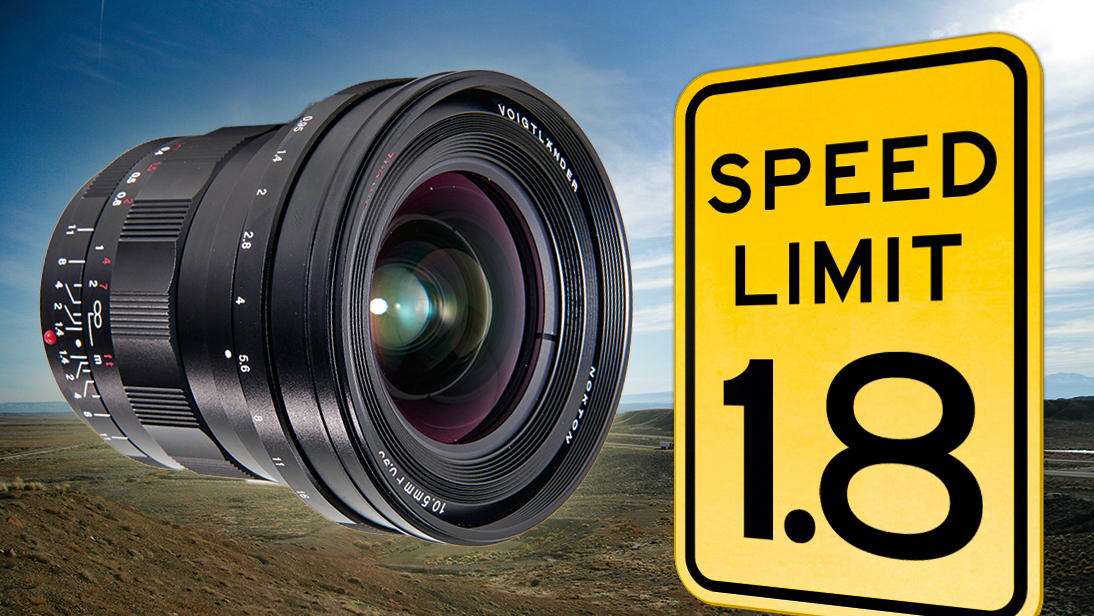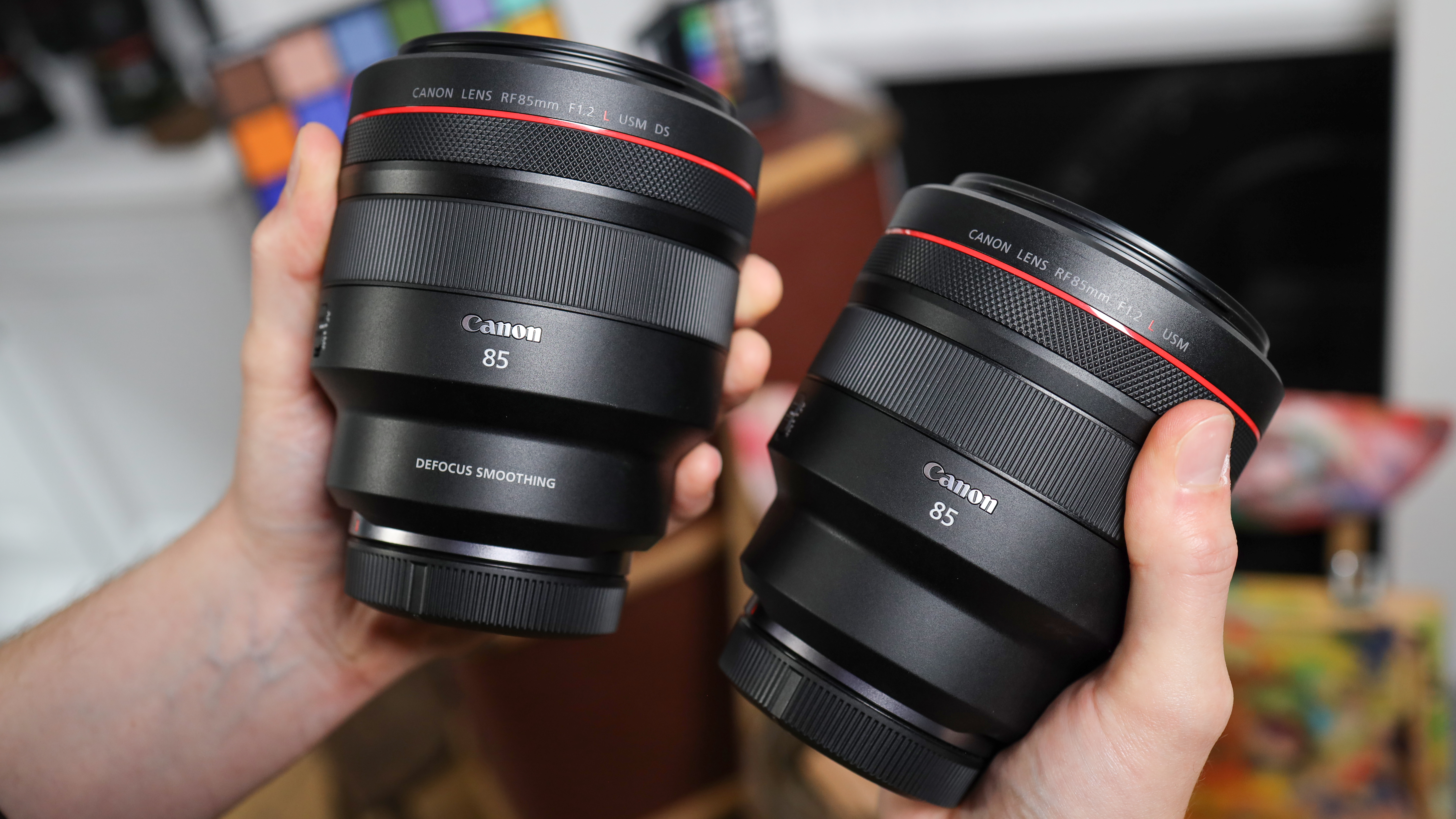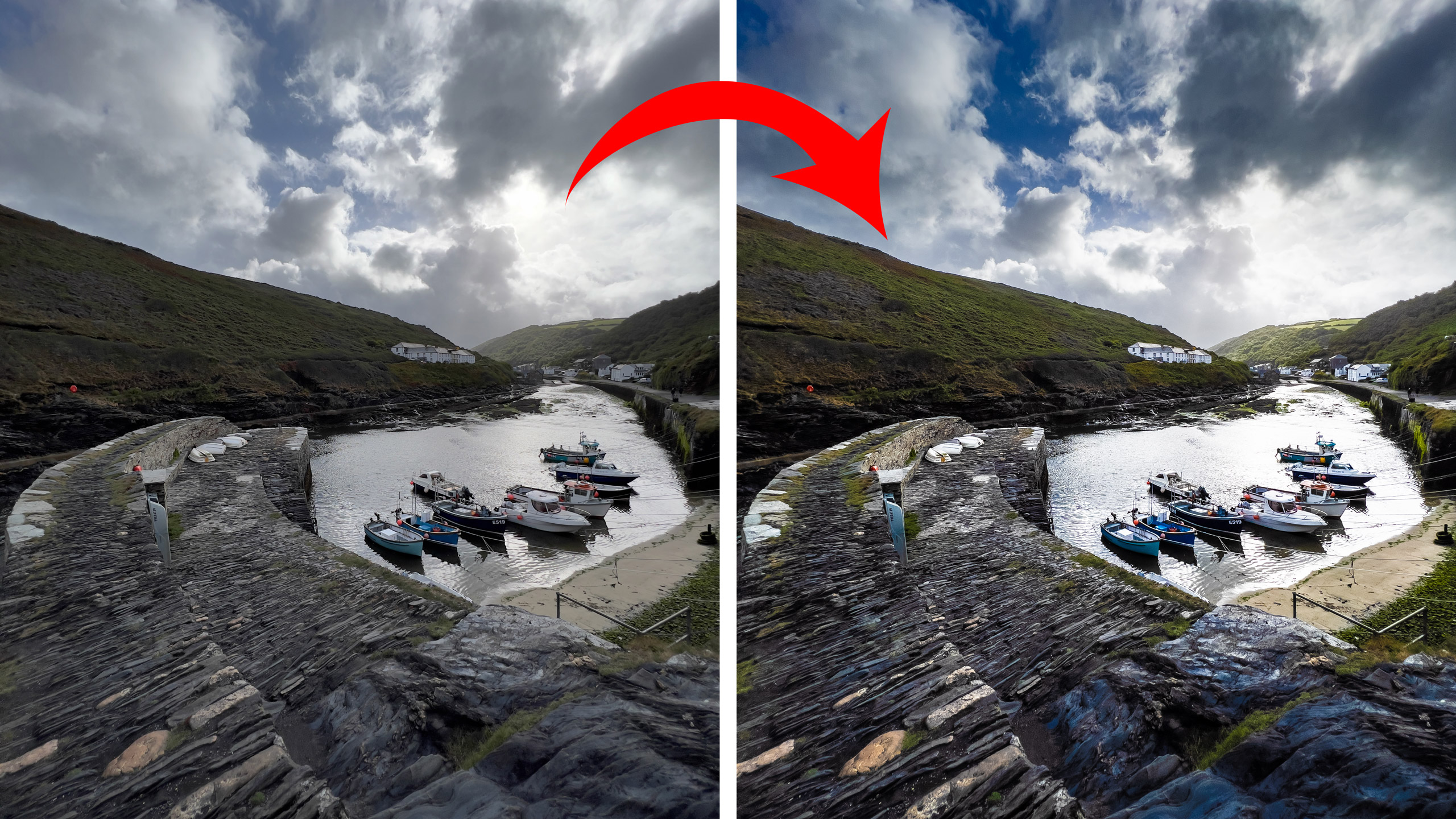What is a "fast lens"?
You've heard the term, but what is a "fast lens"? Here's what this actually means…

"Fast lenses" are highly prized, but what is a fast lens – and why is it is something that most photographers and videographers value, no matter what type of shooting they’re into?
Lens "speed" is a term that describes the maximum aperture diameter, and refers to how wide the aperture can open, measured by the f-stop number. Basically, the smaller the f-stop, the larger the aperture opening So what is a fast lens? One where the aperture opens wide, such as f/1.8 or f/1.2.
Lenses that can open wider usually cost more, and for good reason – they offer better performance. To understand why an optic with a wider aperture is attractive, you need to take the exposure triangle into account. A wider opening lets a lot more light hit the camera sensor, which is a game-changer in low-light situations to keep shots well-exposed.

Plus, if you're shooting fast-moving subjects, like cars in a race, a quick shutter speed is crucial. Since a fast shutter only lets in light for a short time, a wider aperture helps balance that out by allowing more light to hit the sensor, leading to a balanced exposure.
For portrait photographers, going with a lens that has a wide aperture is really important. A larger opening (think low f-stop number) creates a shallow depth of field and pleasing “bokeh.”
This effect blurs the foreground and background, making the subject pop and drawing the viewer's attention right where you want it, while distracting elements fade into the background.
You might also like…
Check out the fastest lenses for cameras, along with the best lenses for portraits – with apertures as "fast" as f/1.2. To learn about more camera terms, take a look at our pieces on what is aperture on a camera and what is exposure in photography.
Get the Digital Camera World Newsletter
The best camera deals, reviews, product advice, and unmissable photography news, direct to your inbox!

Kim is the Staff Writer on Digital Camera World, and formerly Technique Editor at Digital Photographer, focusing on the art and science of photography. With a Master’s degree in Photography and Media, she is driven to educate through an analytical approach, visually and technically. With her guides and tutorials, Kim seeks to uncover new facets of this time-honoured medium and foster a deeper understanding of its profound role in culture. Kim highlights topics that resonate with modern society, including women in photography and critical issues such as environmental conservation. She also discusses and reviews camera gear, giving you an overview to find the best fit for your photography journey.
You must confirm your public display name before commenting
Please logout and then login again, you will then be prompted to enter your display name.
